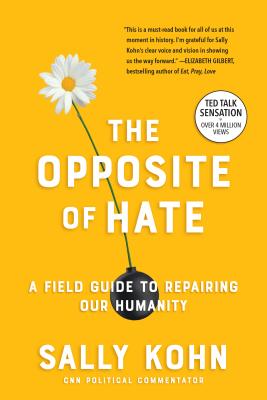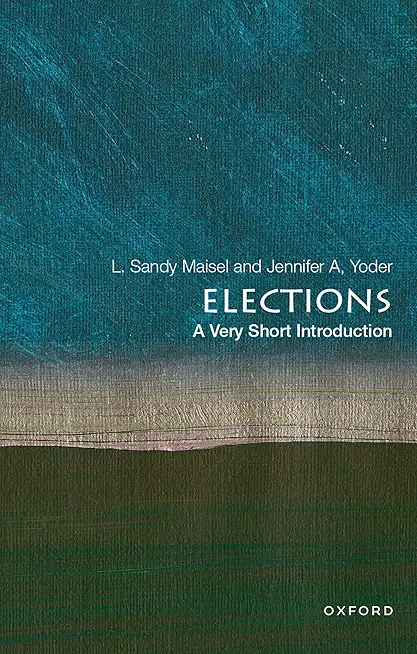
description
ened within American culture," Aziz Rana writes. "The language of freedom has been claimed almost entirely by the political right." Can it be reclaimed? Freedom has a dual legacy. On the one hand, it stands for the great struggles long associated with the left, from abolition and anticolonialism to women's and queer liberation. On the other hand, it has long been the watchword of an exclusionary right--playing a central role in the politics of neoliberalism and resurgent white nationalism. Rejecting this view of freedom as an exclusively right-wing concern, this issue reclaims freedom as a fundamental political value essential to any vision of a more just world. Aziz Rana leads a forum on the path to a different politics of freedom. In the United States, he argues, reactionary uses of freedom at home have been emboldened by U.S. imperial power abroad. But the language of freedom can be genuinely liberating by building emancipatory institutions of collective agency and self-rule. Featuring eleven respondents--including Pulitzer Prize-winning historian Jefferson Cowie, political theorists Adom Getachew, Lea Ypi, and Nancy Hirschmann, and philosophers Olúfẹ́mi O. Táíwò and Philippe Van Parijs--the forum clarifies how both political messaging and institution building are essential to extending real freedom to all. Including essays on the legacy of Cold War liberalism, fifty years of liberation theology, violence in Israel/Palestine, and the Stop Cop City movement; reviews of M. E. O'Brien's Family Abolition, Melissa Kearney's The Two-Parent Privilege, Helen Hester and Nick Srnicek's After Work, and Paul Lafargue's The Right to Be Lazy; an interview on Black existentialism; and prose poetry.
member goods
No member items were found under this heading.
listens & views

ATLANTIC GOLD: 100 SOUL CLASSICS ...
by ATLANTIC GOLD: 100 SOUL CLASSICS / VARIOUS
COMPACT DISCout of stock
$22.99
Return Policy
All sales are final
Shipping
No special shipping considerations available.
Shipping fees determined at checkout.






